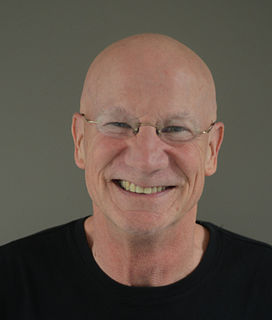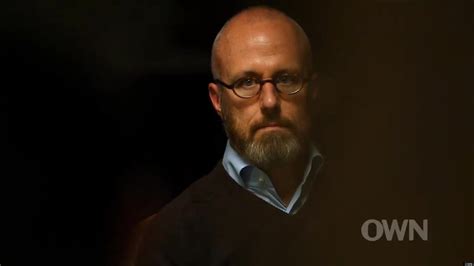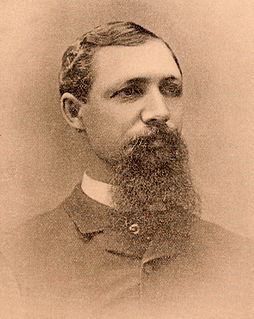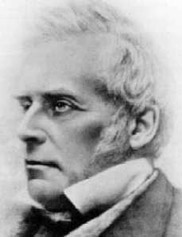A Quote by C. J. Mahaney
As we mature personally, as our families mature, and as our churches mature, we need the doctrine of sin more, not less; and we need to keep growing in rightly understanding and applying this doctrine. Be assured that this is no less true if you're a pastor or teacher or ministry worker. There's no pastoral privilege in relation to sin. There's no ministry exemption from the opposition of the flesh. There's only a heightened responsibility to oppose sin and to weaken the flesh, as an example to the flock.
Related Quotes
I think it's for me with regards to this issue I believe in justification at the point of salvation; I believe in sanctification at the point of salvation. That doesn't mean that we don't continue to mature as believers in Christ. But I believe that we are justified and we are sanctified. But sin resides, the power of sin resides in our flesh. It will always try us and it was always tempt us and therefore we always need to be submitting our mind, will and emotions to the lordship of Jesus Christ.
I think we as believers can be secure in our relationship with Christ. I'm not saying that sin isn't sin. I'm not saying that people should live in unrepentant sin. I'm not saying that that's a mark of a mature believer at all. Certainly if someone looks at my life, they will see that I have surrendered my heart, my life to Jesus Christ. I'll be very glad to tell them what my faults and my weaknesses are and the areas that I pray about in my life every day.
You are not mature if you have a high esteem of yourself. He who boasts in himself is but a babe in Christ, if indeed he be in Christ at all. Young Christians may think much of themselves. Growing Christians think themselves nothing. Mature Christians know that they are less than nothing. The more holy we are, the more we mourn our infirmities, and the humbler is our estimate of ourselves.
Every person in the world is by nature a slave to sin. The world, by nature, is held in sin's grip. What a shock to our complacency- that everything of us by nature belongs to sin. Our silences belong to sin, our omissions belong to sin, our talents belong to sin, our actions belong to sin. Every facet of our personalities belong to sin; it own us and dominates us. We are its servants.
This doctrine of forgiveness of sin is a premium on crime. Forgive us our sins means Let us continue in our iniquity. It is one of the most pernicious of doctrines, and one of the most fruitful sources of immorality. It has been the chief cause of making Christian nations the most immoral of nations. In teaching this doctrine Christ committed a sin for which his death did not atone, and which can never be forgiven. There is no forgiveness of sin. Every cause has its effect; every sinner must suffer the consequences of his sins.
This re-appearance of the doctrine of freewill serves to support that of the pretension of the natural man to be not irremediably fallen, for this is what such doctrine tends to. All who have never been deeply convicted of sin, all persons in whom this conviction is based on gross external sins, believe more or less in freewill
Little sins carry with them but little temptations to sin, and then a man shews most viciousness and unkindness, when he sins on a little temptation. It is devilish to sin without a temptation; it is little less than devilish to sin on a little occasion. The less the temptation is to sin, the greater is that sin.
Every one of our sinful actions has a suicidal power on the faculties that put that action forth. When you sin with the mind, that sin shrivels the rationality. When you sin with the heart or the emotions, that sin shrivels the emotions. When you sin with the will, that sin destroys and dissolves your willpower and your self-control. Sin is the suicidal action of the self against itself. Sin destroys freedom because sin is an enslaving power.
You see, the secret of the gospel is that we become more spiritually mature when we focus less on what we need to do for God and focus more on all that God has already done for us. The irony of the gospel is that we actually perform better as we grow in our understanding that our relationship with God is based on Christ's performance for us, not our performance for him.
Leaders are for calling people to their better angels, for helping guide them to a kind of sterner, more mature sense of what we need to do. To me, Reagan's brand of leadership was what I call 'a liturgy of absolution.' He absolved Americans almost in a priestly role to contend with sin. Who wouldn't want that?



































